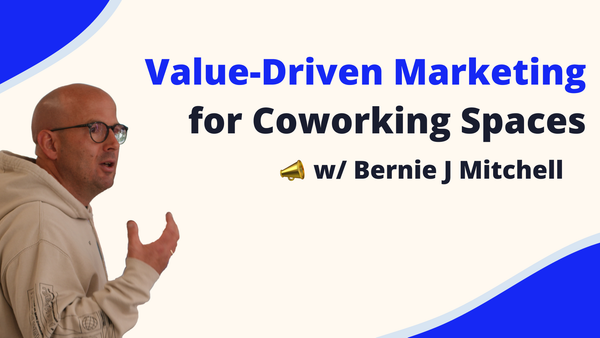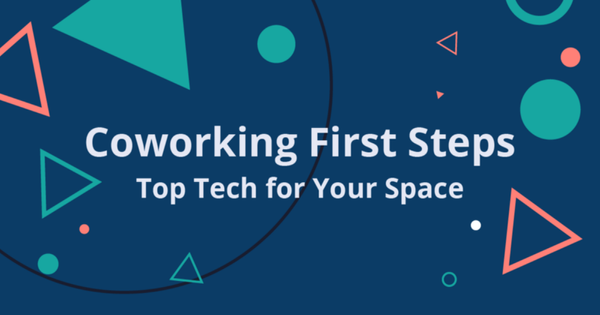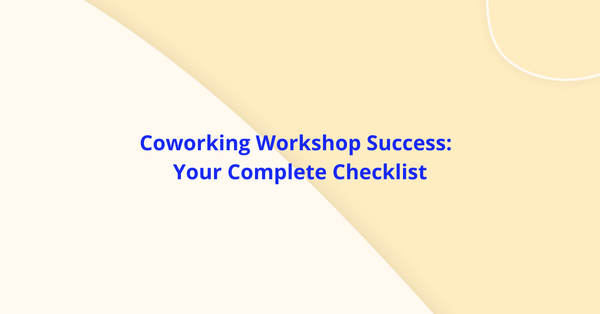Where can you find free wifi, plenty of open desks, lots of natural lighting, printing, coffee, bookable meeting rooms, workshops, interesting people and free memberships? The Toronto Reference Library!
If you’ve followed coworking for any length of time, you already know that spaces offer these things, but there quite a few differences between coworking spaces and libraries — or are there?
Right off the bat, their financial circumstances are vastly different. Coworking spaces generally operate within commercial contexts or spaces where memberships and other services finance overhead for their spaces. Generally, that means monthly or one-off credits and debits in exchange for use of the space and its amenities for members.
But are coworking spaces so different from the cultural function that libraries serve?
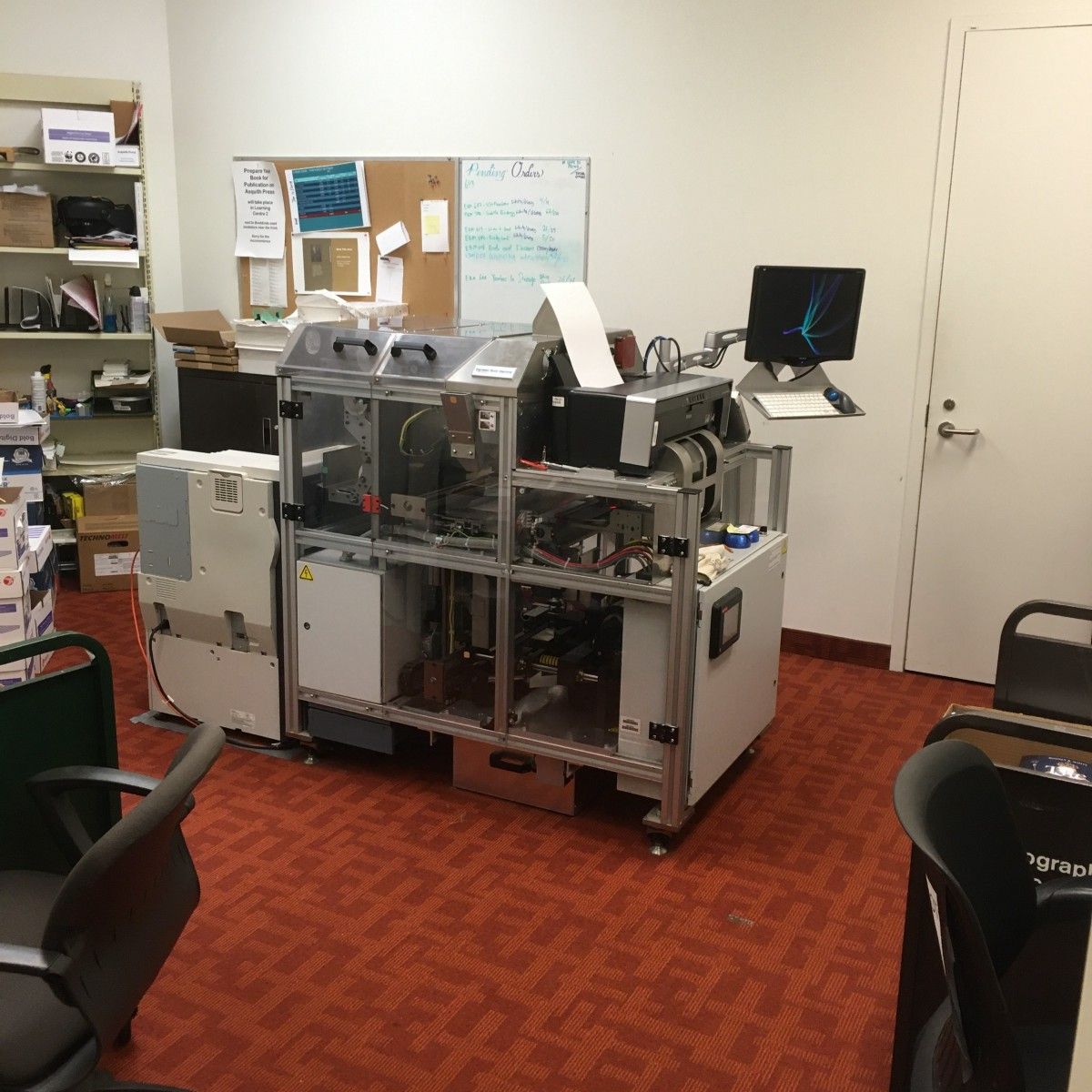
GCUC in a library
This year’s GCUC Canada, hosted by Liz Elam, Ashley Proctor and Tony Bacigalupo, was held in the Toronto Reference Library. It was an interesting and motivated choice to host a coworking conference in a library, since so much of what coworking offers— at least in a commercial context —is also offered at the library.
The first day opened with a moving story of opening a space amidst a city-wide blossoming of neighborhood street parties (and a note from the author: I personally loved this and teared up as she spoke). Ashley handed the stage to one of the lead librarians who spoke a bit about the library’s offerings.
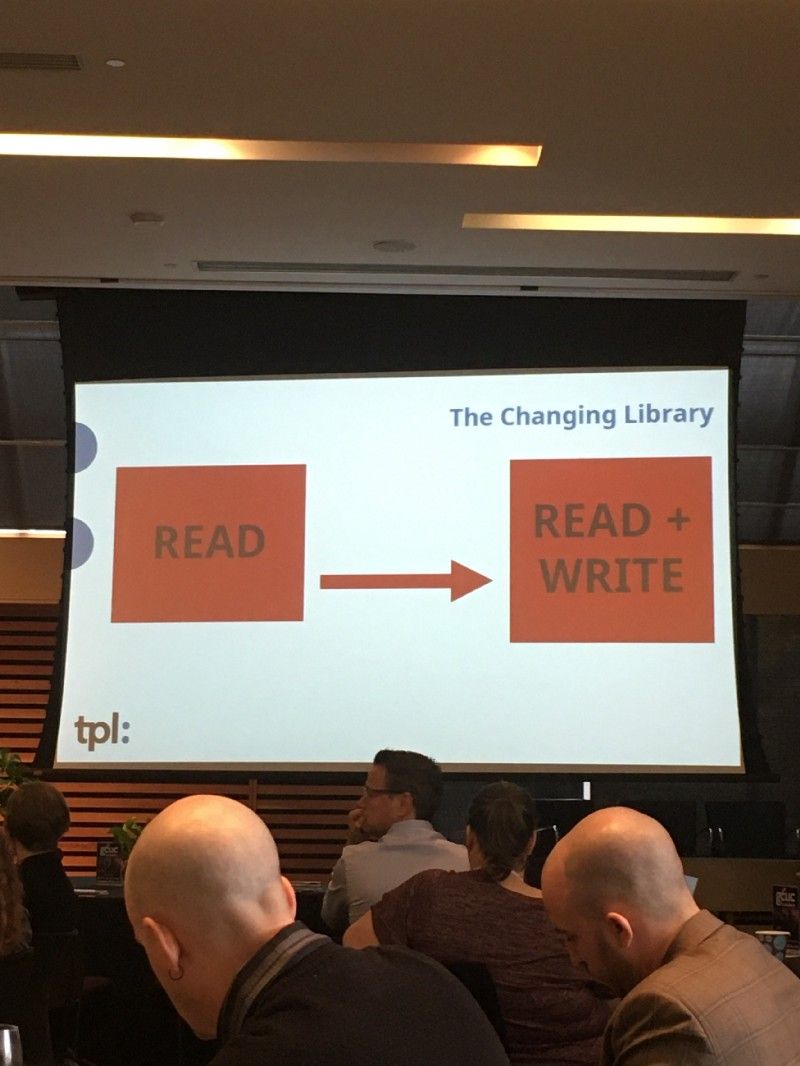
A central goal of the presentation was highlighting the cultural shift in libraries as places where people don’t just come to read but to read and write.
We’re not talking about just reading or writing books — we’re talking about entire categories of reading and writing, like understanding 3D printing hardware and programming it; testing formulas in a spreadsheet to predict income; or searching a database to trace an important publication for a report. All of these include learning some kind of technology and then applying it in real world contexts.
Isn’t this what many coworking spaces already do?
Maybe you’re creating a business, but you’ll also need to to design a logo (for your cards and website), develop a product or service (to sell) or select and analyze a specific tool (to achieve a desired result sooner) — and obviously a physical space in which to do all of these...
A digital innovation hub
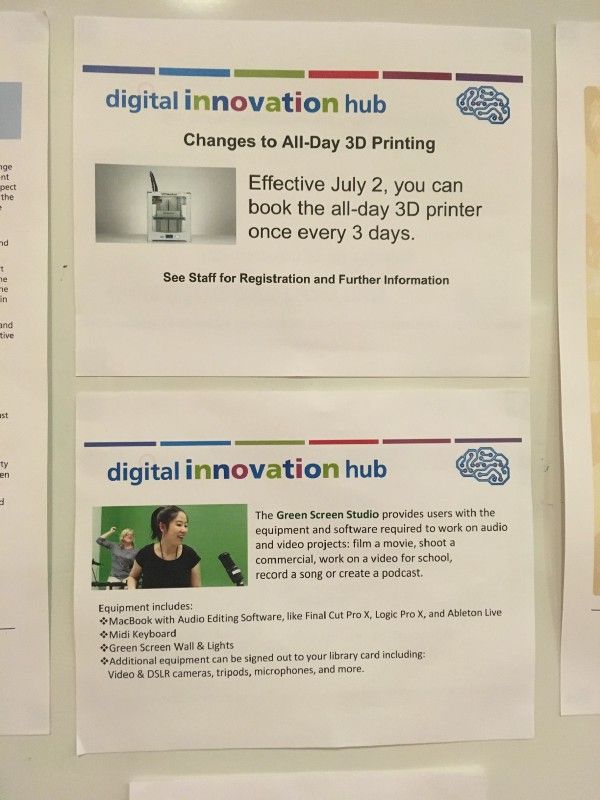
Toronto Reference Library has a small “digital innovation hub.”
In Europe (and even in some other spaces/industries), “digital innovation” is thrown around as a buzzword that has the power to move millions in funding without much to show for it. But here at the library, there was a sense of truly new and wonderful things happening with the technologies hosted in their space — think 3D printers, a bookbinding machine or a green screen studio. Some of these technologies facilitate new fundamentals like editing a podcast, shooting your own music video, recording a song or even drawing with code.
Locally, a local high school student won at their school competition prototyping a prosthetic leg using just the library’s 3D printer.
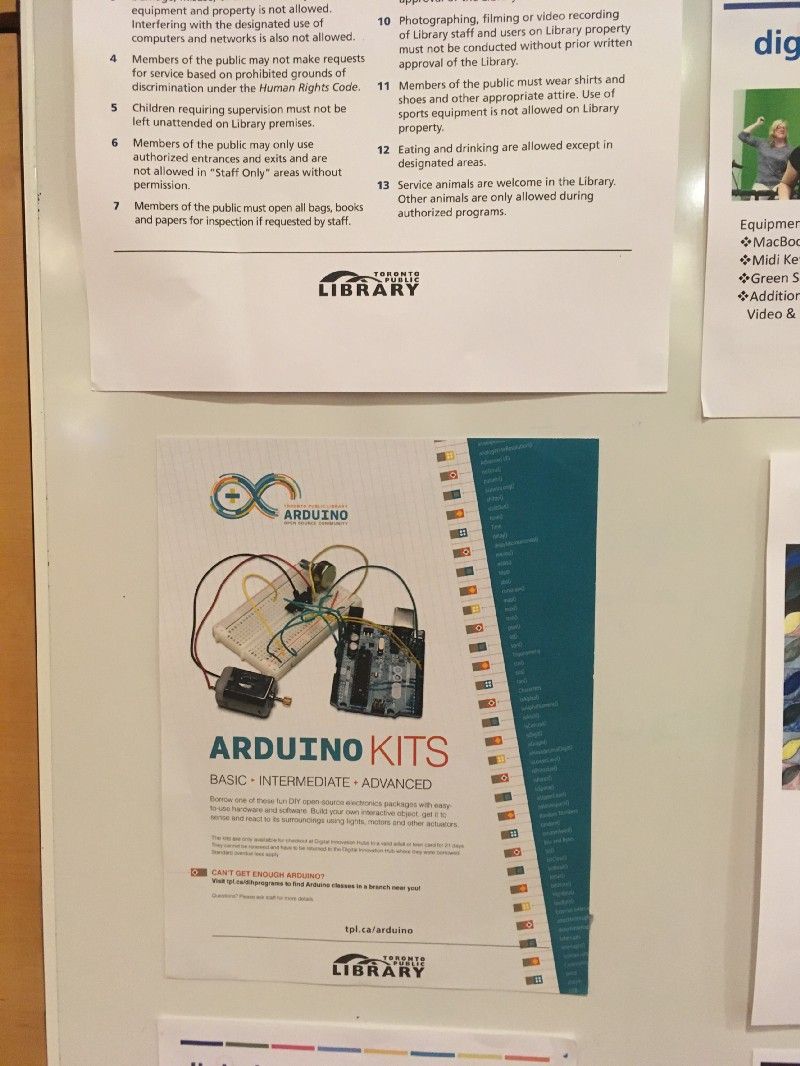
The library’s residence program
In support of these in-house technologies, the library offers an residence program that brings Torontonians into the library to experiment and teach (free to the public) using the library’s infrastructure. “Artist-in-residence,” “podcaster-in-residence,” and “entrepreneur-in-residence” were just a few types of people coming in to share their knowledge.
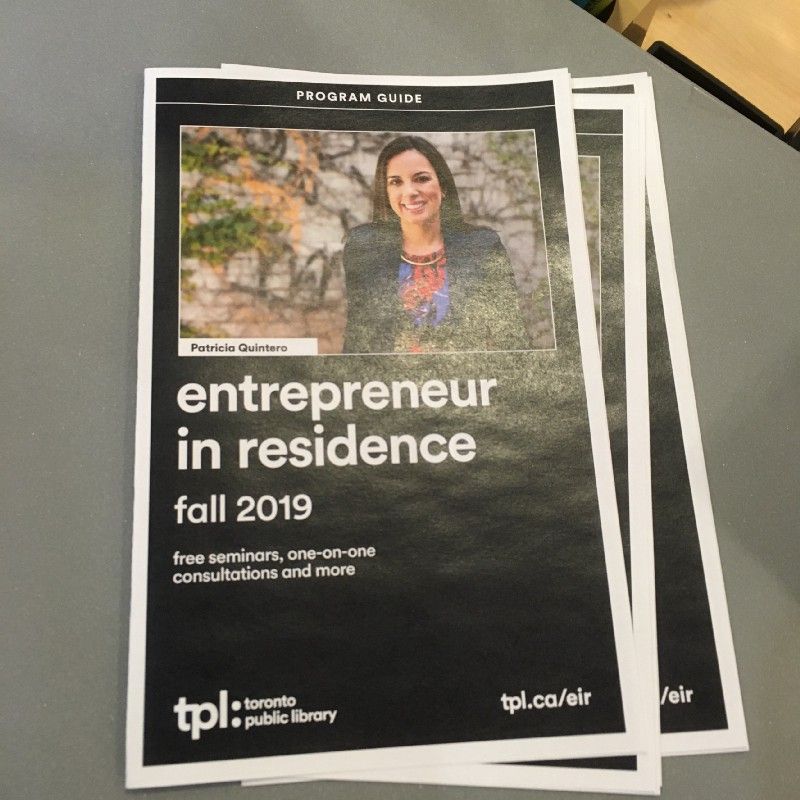
The Work of Libraries
I’d make a safe bet that many of us (coworking space members, operators, and certainly vendors) are quite privileged in that simply using a computer is something we don’t think about. Perhaps we always had one in the house or went through school with easy access to one whenever we needed it. While we were taking that opportunity for granted, many of our neighbors were “stuck in the shallow end” and virtually segregated. Even the behaviors we perform as part of our engagement with technology might be deepening our knowledge divide.
Part of the great work libraries do is in building access and inclusion through their literacy programming, using the very technologies we read and write with. In a way, they ‘open source’ knowledge, like a giant Github repository.
Might I suggest coworking spaces do this too? We already provide access (to each other!) and at our best, allow our members to read and (re-)write social codes within the communities inside (and around) our spaces.
If coworking spaces are already growing community knowledge-bases, why not have programs that actively share their knowdlege outside of their membership?
Touring Other Coworking Spaces in Toronto
After a wonderful tour of the Toronto Public Library, we visited a few other spaces like (Cobot-powered) Verkspace as well as a surprisingly thoughtful foray into coworking from multi-national company Staples, as a part of their brand-new Staples Studio.
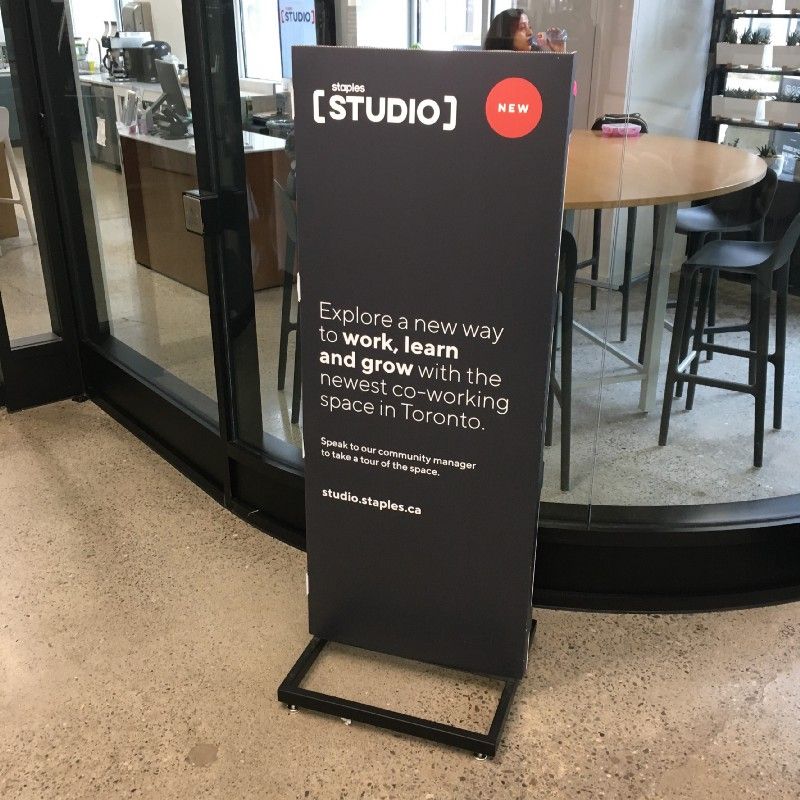
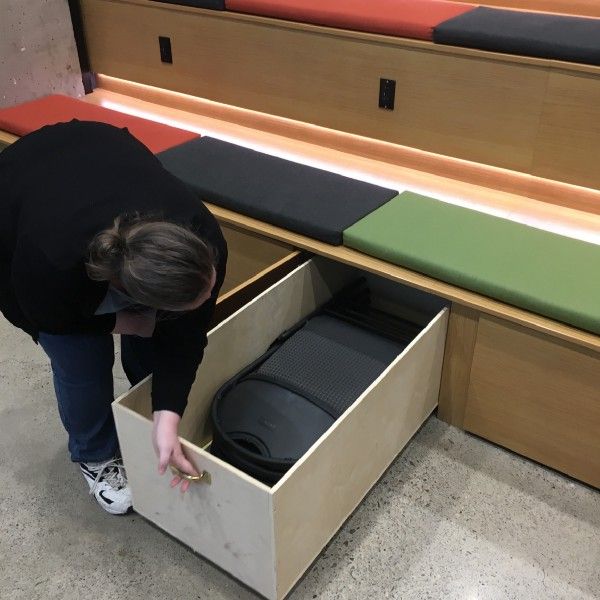
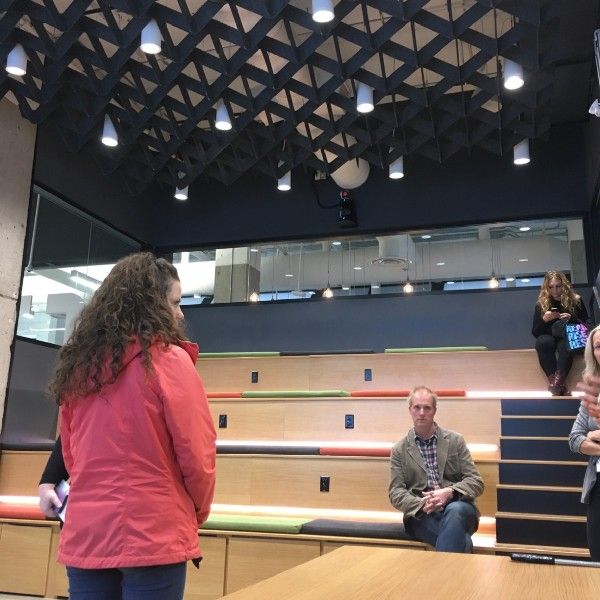
Shoutout To Amber!
While we were lucky enough to take in much of Toronto through the wonderful tours the GCUC team organized, we wanted to give a special shout out to Amber Lawrence, recipient of our GCUC Scholarship.
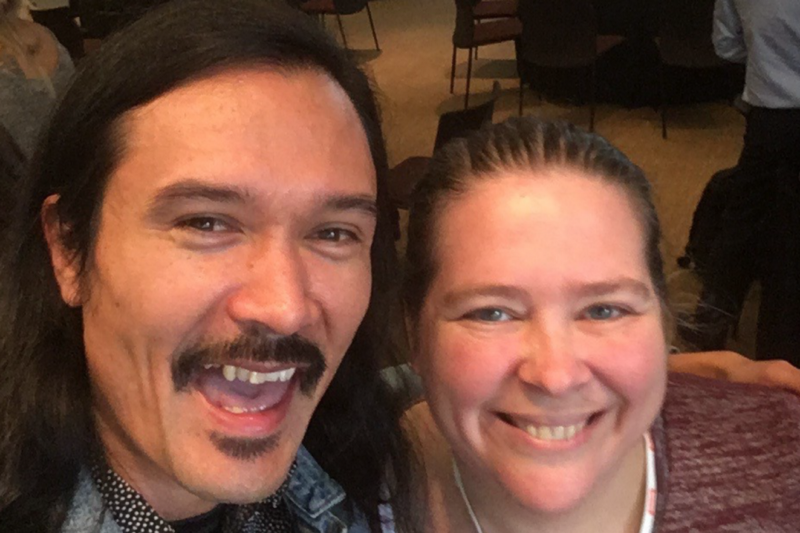
Amber is new to coworking, but arrives to us with a background in non-profit management and is looking to open up a space in her home city of Rawdon, Quebec.
If you have any tips or useful resources for Amber, leave them in the comments and welcome her to the wonderful world of COWORKING!
Be sure to look out for our interview with her in the coming weeks:)
Until next time!
If you aren’t already using Cobot as your coworking management software, give it a go! You’ll find that our features can help you run your coworking space more effectively and grow your community. Just sign up for a free trial or a live demo session. And if you have questions, our support team is all ears!
Happy Coworking!

